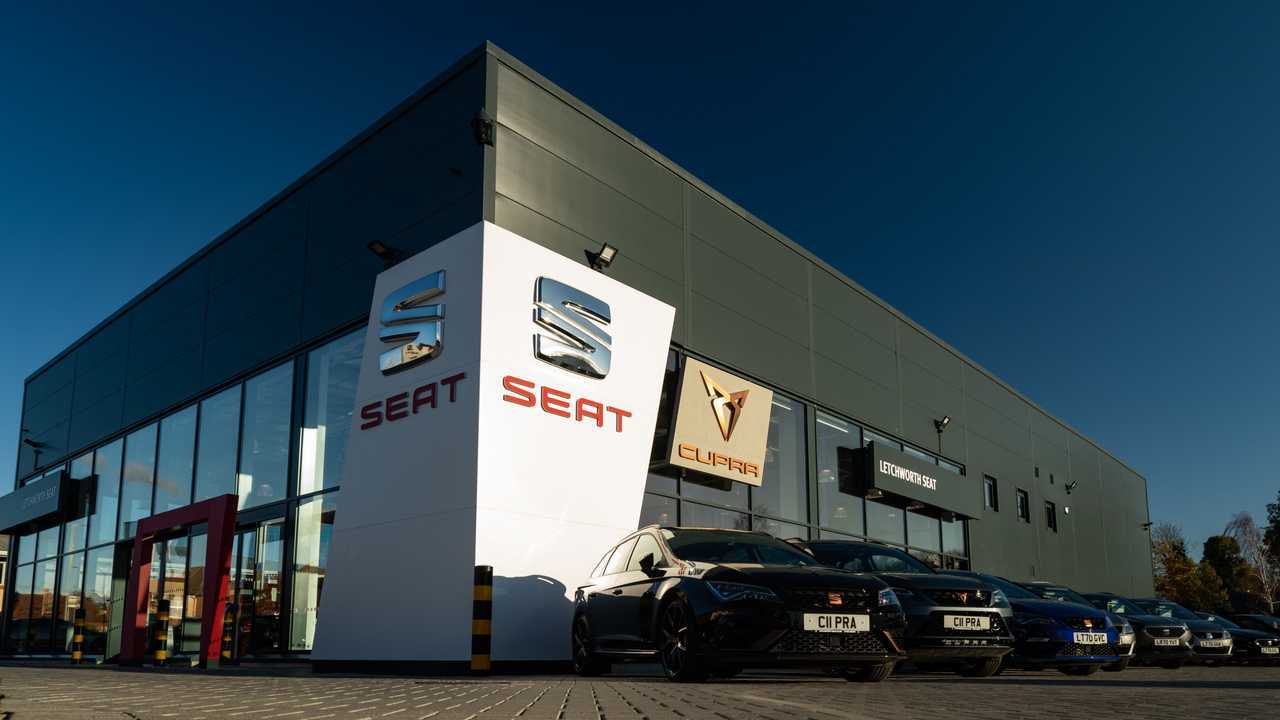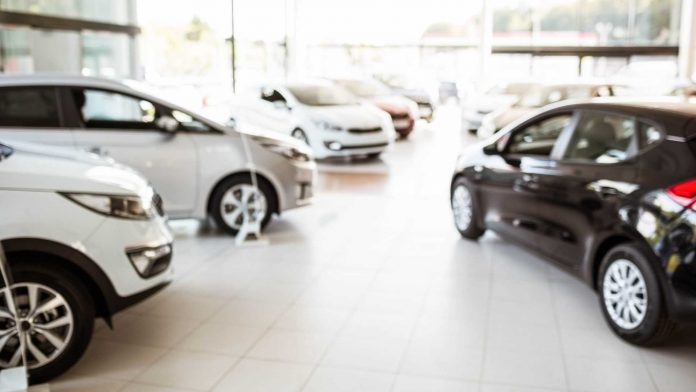British car registrations fell by almost a quarter in October, according to new figures released this week. Data from the Society of Motor Manufacturers and Traders (SMMT) shows that new car sales fell 24.6 percent as persistent delivery problems were caused by the global scarcity of microchips.
The SMMT data showed that more than 106,000 new cars were registered in the UK last month, but that was still a significant decrease from the same month last year. Worse, performance marked the worst October for new car sales since 1991.
As a result, 1.42 million new cars hit the UK’s roads in the first 10 months of 2021 – up 2.8 percent from the 1.38 million registered in the same period in 2020. this year only 1.66 million new cars are expected to be registered. That would be an increase of 1.9 percent compared to 2020, but well below the pre-pandemic result of 2.3 million in 2019.
However, there was good news in the plug-in and electric car market, with sales remaining stable despite the overall decline in demand. In October alone, registrations of electric vehicles rose by 73 percent compared to the same month last year and made up a total of 15.2 percent of the market.
According to this, electric car sales accounted for 9.9 percent of all new car sales in 2021, with more than 141,000 vehicles registered. Plug-in hybrid vehicles now account for 6.7 percent of registrations, and sales rose by around 90 percent compared to the first 10 months of 2020.
“Current performance reflects tough supply constraints,” said Mike Hawes, CEO of SMMT, “as the industry grapples with semiconductor shortages and increasing economic headwinds as inflation rises, taxes rise and consumer confidence fades. However, electrified vehicles are still bucking the trend, as almost every sixth new vehicle registered this year can drive emission-free.
“As next year looks brighter and more new models are expected, the continuation of this transition will depend on maintaining incentives that break the affordability barrier and on the ability of the public and private sectors to increase public charging on the road, to reduce the driver’s concerns to the electric cars. “


